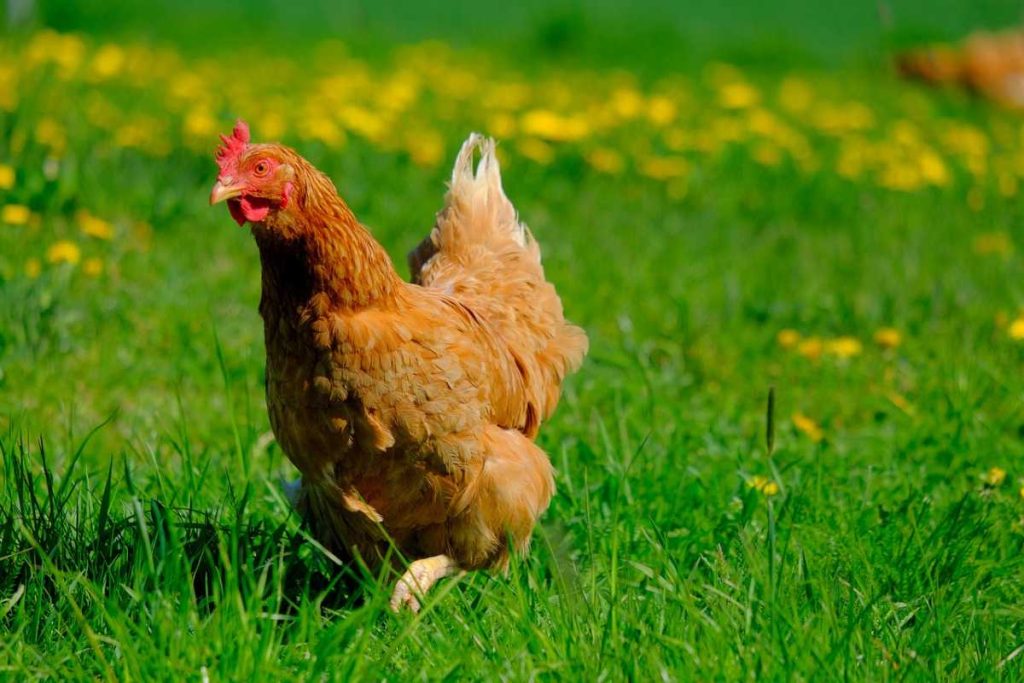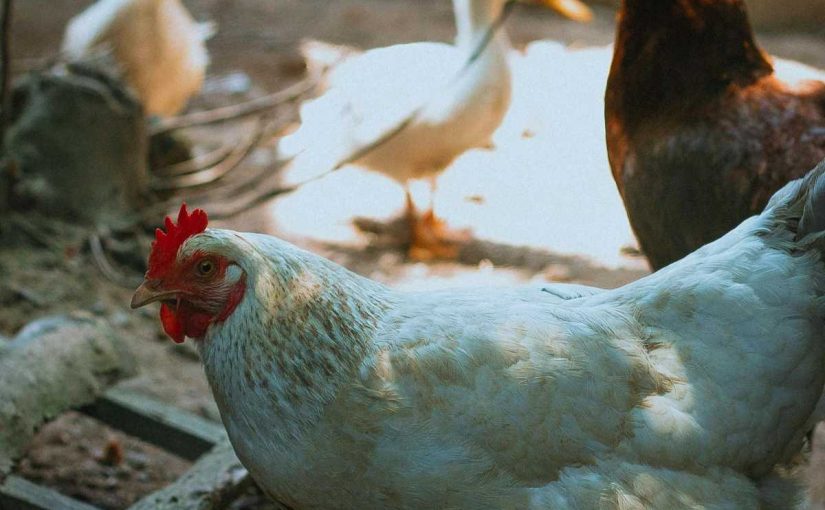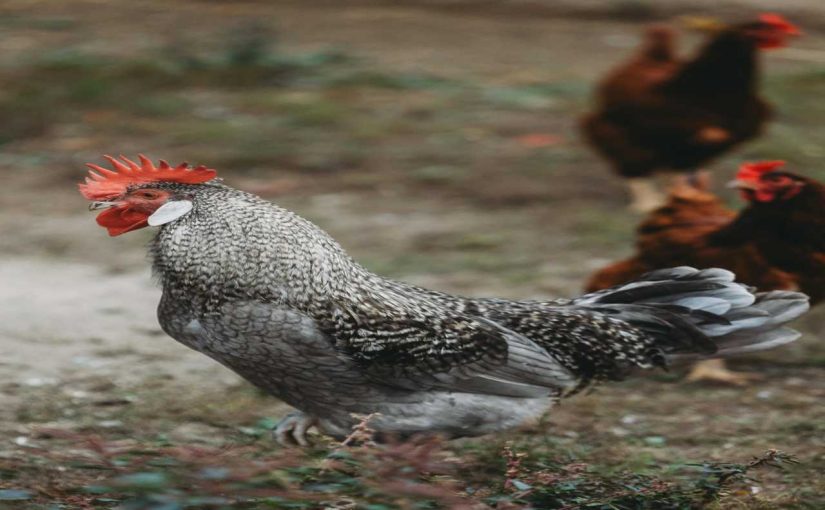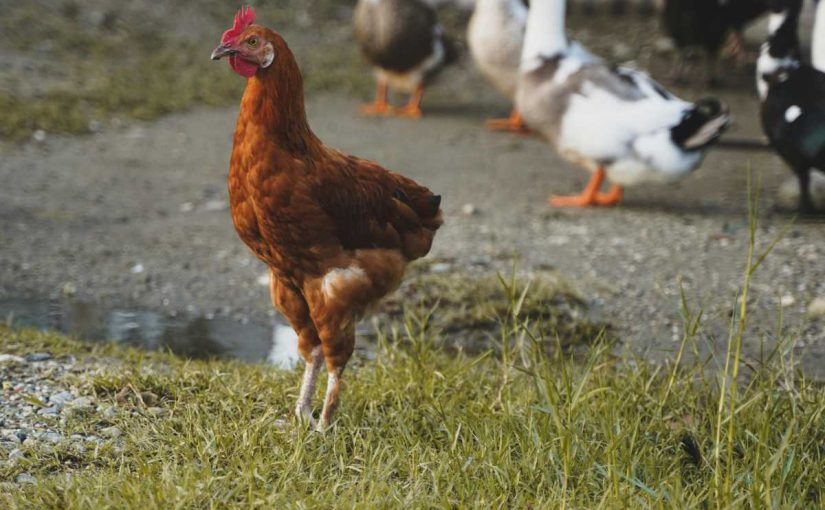Free-range chicken farming is not just a trend; it’s a commitment to animal welfare, sustainable practices, and quality produce. Consumers are increasingly drawn to eggs and meat from free-range chickens, believing they are healthier and more humane compared to conventional farming methods. However, achieving success in free-range chicken farming requires careful thought and management. Here are seven crucial considerations to ensure the health and productivity of your free-range chickens.
1. Choosing the Right Breed
Selecting the right breed is paramount to the success of your free-range chicken farm. Different breeds come with distinct advantages and disadvantages, affecting everything from temperament to productivity.
- Layers vs. Broilers: If your goal is to produce eggs, consider breeds like the Rhode Island Red, Leghorn, or Australorp, known for their prolific egg-laying capabilities. On the other hand, if meat production is your focus, the Broiler or Cornish Cross breeds grow quickly and provide tender meat.
- Adaptability: Choose breeds that are well-suited to your climate. For example, breeds like the Orpington are known for their hardiness in colder temperatures, while Silkies thrive in warmer conditions.
- Temperament: Understanding the personality of the breeds is also essential. Some breeds are more docile and easier to handle, while others can be more aggressive. This consideration will affect your interactions and overall management style.
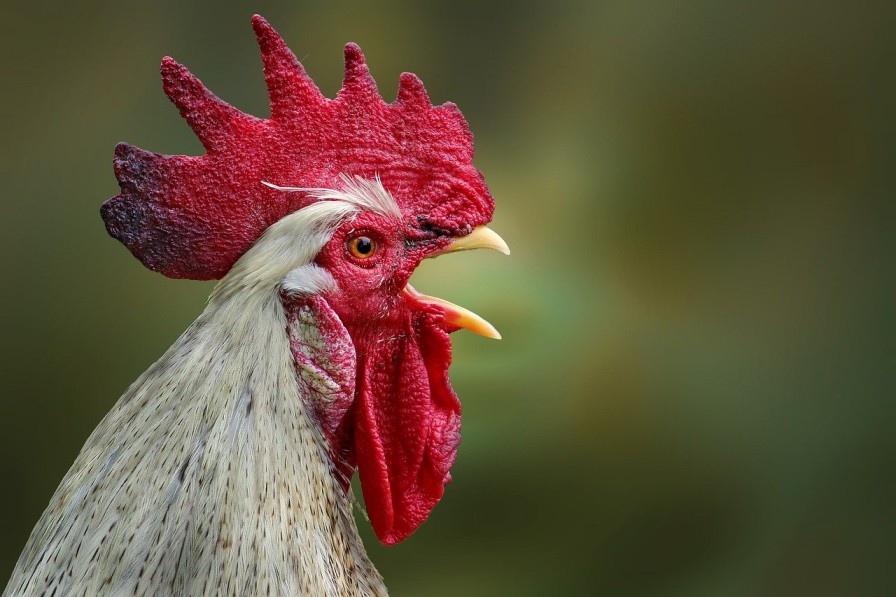
2. Adequate Space and Shelter
Providing adequate space is not only a requirement but a crucial aspect of animal welfare. Free-range chickens need room to roam, explore, and exhibit natural behaviors.
- Space Requirements: Each chicken should have at least 100 square feet of outdoor space. Overcrowding can lead to stress, aggression, and health issues, such as increased susceptibility to disease.
- Shelter Design: The shelter should be designed with the chickens’ needs in mind. Features to consider include:
- Nesting Boxes: Provide one nesting box for every 3-4 hens to encourage natural laying behavior.
- Roosting Areas: Elevated perches allow chickens to sleep off the ground, which can help them feel secure.
- Ventilation and Insulation: Ensure good airflow to prevent respiratory issues and insulation to keep the chickens comfortable in extreme temperatures.
- Predator Protection: Secure the shelter with proper fencing and possibly electric fences to protect against predators such as raccoons, foxes, and birds of prey.
3. Nutrition and Foraging
A balanced diet is essential for the health of your free-range chickens, influencing their growth, egg production, and overall well-being.
- Commercial Feed: While chickens forage for insects, seeds, and plants, supplementing their diet with high-quality commercial feed provides essential vitamins and minerals. Choose feed formulated specifically for layers or broilers, as their nutritional needs differ.
- Foraging: Allowing chickens to forage naturally helps them obtain additional nutrients and keeps them mentally stimulated. A diverse diet can improve the flavor of the eggs and meat.
- Clean Water: Always provide access to clean, fresh water. Water quality is critical; contaminated water can lead to illness and decreased productivity.
- Natural Supplements: Consider adding natural supplements to their diet, such as apple cider vinegar for gut health or kelp meal for additional minerals.
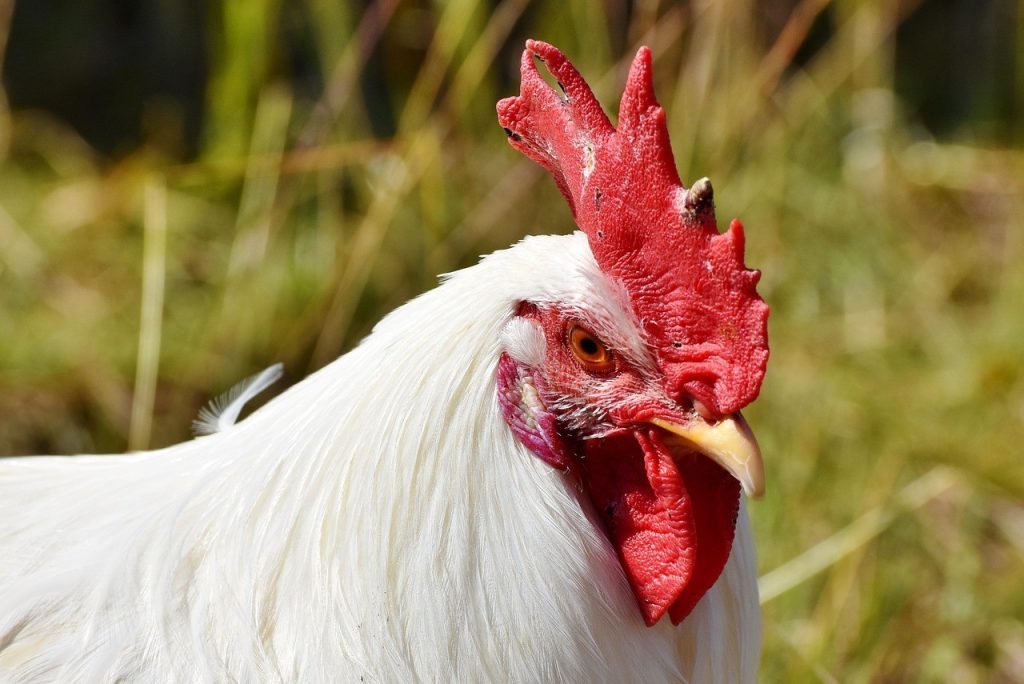
4. Biosecurity Measures
Implementing biosecurity measures is critical to preventing diseases that can spread rapidly among poultry populations.
- Visitor Protocols: Establish rules for visitors, such as requiring them to wear clean clothing and shoes. Footbaths with disinfectant can help minimize the introduction of pathogens.
- Regular Cleaning: Maintain cleanliness in the chicken area. Regularly clean and disinfect feeding and watering equipment, and remove waste to minimize the risk of disease.
- Health Monitoring: Monitor your flock’s health closely. Keep an eye out for signs of illness, such as lethargy, decreased egg production, or changes in behavior. Early detection can prevent outbreaks.
- Vaccination Programs: Work with a veterinarian to establish vaccination protocols tailored to your farm’s needs. Common vaccinations protect against diseases like Marek’s disease, Newcastle disease, and avian influenza.
5. Pest and Predator Control
Free-range chickens face threats from various pests and predators. Effective control measures are essential to protect your flock.
- Secure Fencing: Use robust fencing to keep out larger predators. Ensure that the fencing is buried underground to prevent digging. A mesh size of 1 inch or smaller can help deter smaller predators like snakes.
- Guard Animals: Consider using guard animals such as livestock guardian dogs or geese. These animals can help deter predators while providing companionship for your chickens.
- Pest Management: Regularly inspect the coop for pests such as rodents and insects. Use organic pest control methods, like diatomaceous earth or essential oils, to manage infestations without harming your chickens.
6. Environmental Enrichment
Providing an enriched environment is crucial for the mental and physical well-being of your chickens. A stimulating environment promotes natural behaviors, reduces stress, and improves overall health.
- Foraging Opportunities: Introduce foraging items like kitchen scraps, greens, and commercially available foraging blocks to encourage natural pecking and scratching behaviors.
- Toys and Obstacles: Use toys, such as hanging cabbages or treat balls, to keep your chickens engaged. Adding obstacles like logs or platforms encourages climbing and exploration.
- Plant Diversity: Consider planting shrubs, trees, and grasses in the outdoor area. These not only provide shade and shelter but also encourage foraging and exploration.
- Social Interaction: Chickens are social animals; ensuring they are kept in groups (preferably at least three to four) helps reduce loneliness and stress.
7. Record Keeping and Management Practices
Effective management of your free-range chicken farm relies heavily on accurate and thorough record-keeping.
- Health Records: Keep detailed health records for each bird, including vaccinations, illnesses, and treatments. This information helps in managing individual health needs and monitoring the overall health of the flock.
- Production Tracking: Track egg production and growth rates for meat birds. Monitoring these metrics allows you to identify trends and make informed decisions about breeding, feeding, and management practices.
- Financial Management: Maintain records of expenses, income, and profits to evaluate the economic viability of your farm. Regularly assess whether your practices are sustainable and profitable.
- Continuous Learning: Stay informed about best practices in free-range chicken farming through workshops, online courses, and reading relevant literature. Being adaptable and open to new ideas will improve your farming methods over time.
Conclusion
Free-range chicken farming offers numerous benefits, including healthier animals, improved product quality, and a more sustainable approach to food production. By considering these seven crucial aspects—breed selection, space and shelter, nutrition, biosecurity, pest control, environmental enrichment, and record-keeping—you can create a thriving and sustainable farming operation.
With dedication and careful management, your free-range chickens can lead happy and productive lives, benefiting both you and your customers. As you embark on this rewarding journey, remember that the welfare of your flock should always be your top priority, paving the way for a successful and fulfilling farming experience.

